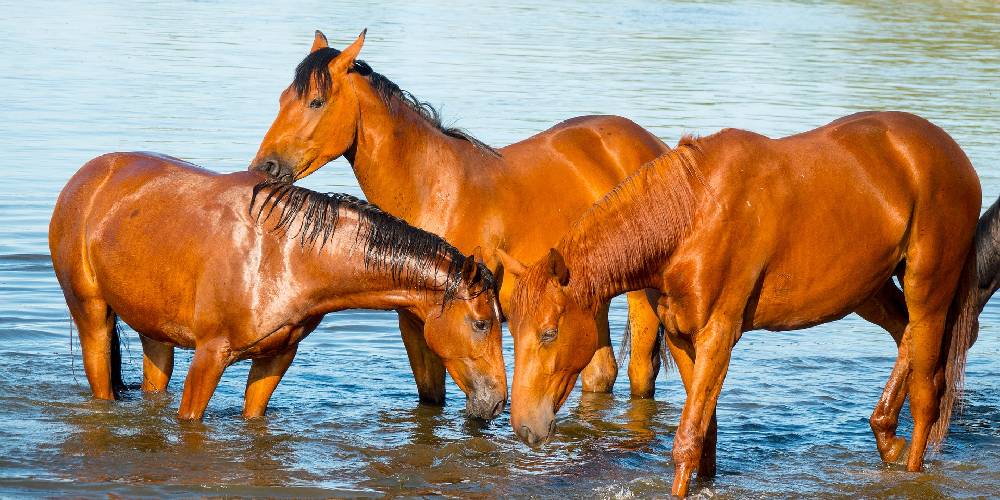When I was a little girl, I loved to learn as much as I could about horses just because I was so passionate and amazed by these unique animals from a young age. I remember on road trips, my mom would tell us kids fun facts about different plants and animals to keep us entertained. Because my family is going on a road trip soon, I was reminded of this and thought it would be a fun thing to make; an article about fun horse facts!
20 Fun Horse Facts To Tell Your Kids
1. Horses Can’t Breathe through Their Mouths
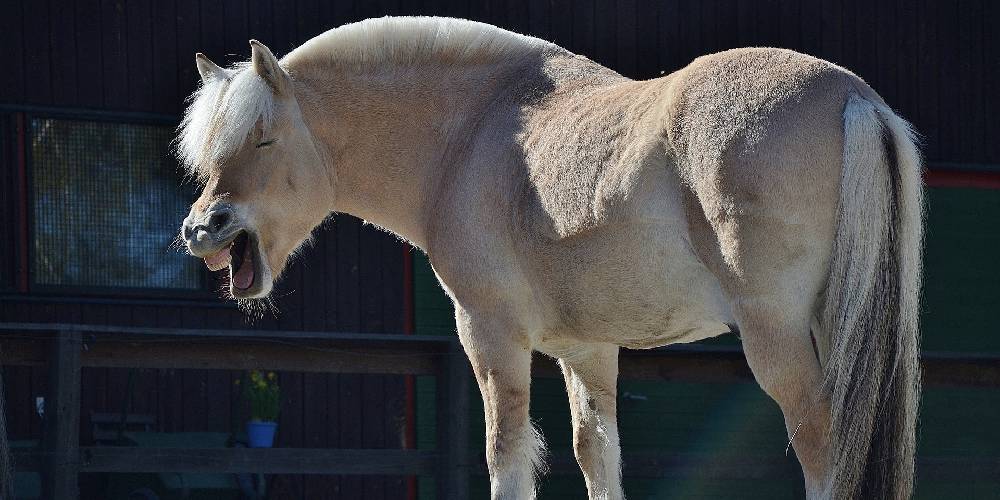
Horses can’t breathe through their mouths which means that they can only get air in through their nose! This means that if a horse chokes, it can still breathe!
This is why you don’t see horses panting as they can’t breathe through their mouths.
2. Baby Horses Can Stand Up & Walk When They Are Just One Hour Old
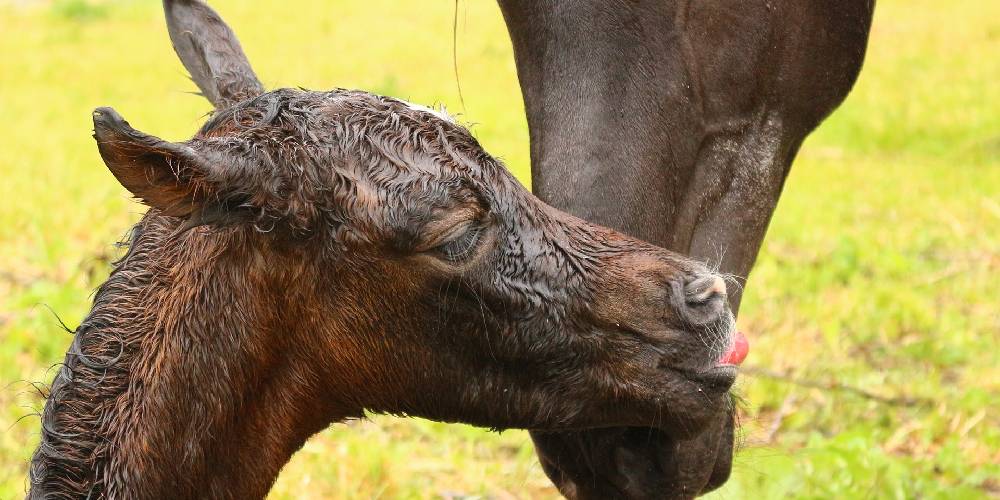
It’s true! Horses are known as prey animals which means in the wild they need to keep an eye out for other animals and predators who might be attacking them or their young. This is why baby horses need to get up and walk as soon as possible.
If a baby horse wasn’t able to walk or run soon after birth, predators would be that much more likely to get the baby and eat them. The baby horse needs to walk stand and run as soon as possible to be able to escape from predators.
3. There Are Over 58 Million Horses In the World
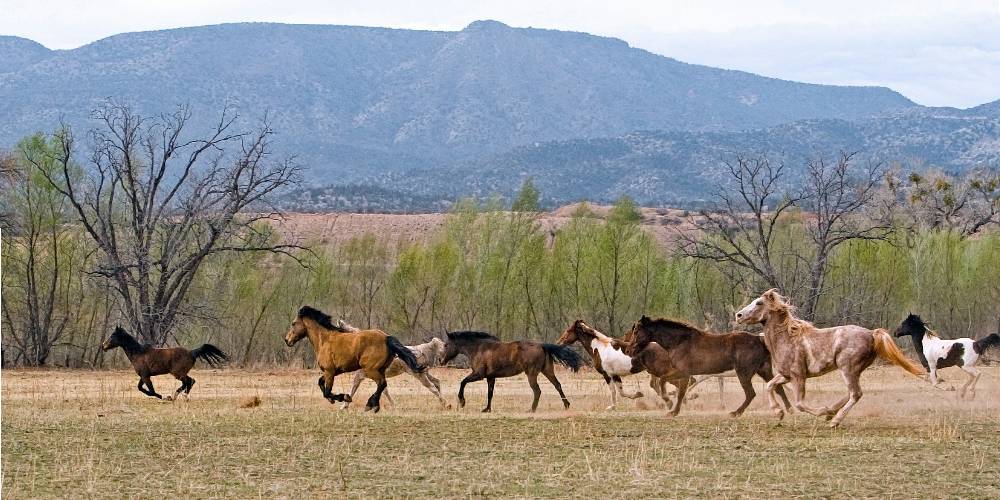
Did you know that there is an estimated 58,832,221 horses in the entire world? The crazy thing is that some researchers believe that there even could be over 60 million horses in the world. It is just so difficult to be able to count them all!
Just here in the United States there are over 3.8 million horses!
If you were to count the number of horses, donkeys, mules, hinnies, and burros as well, then the number of equine animals in the world would be over 111 million!
4. Horses Can’t Puke
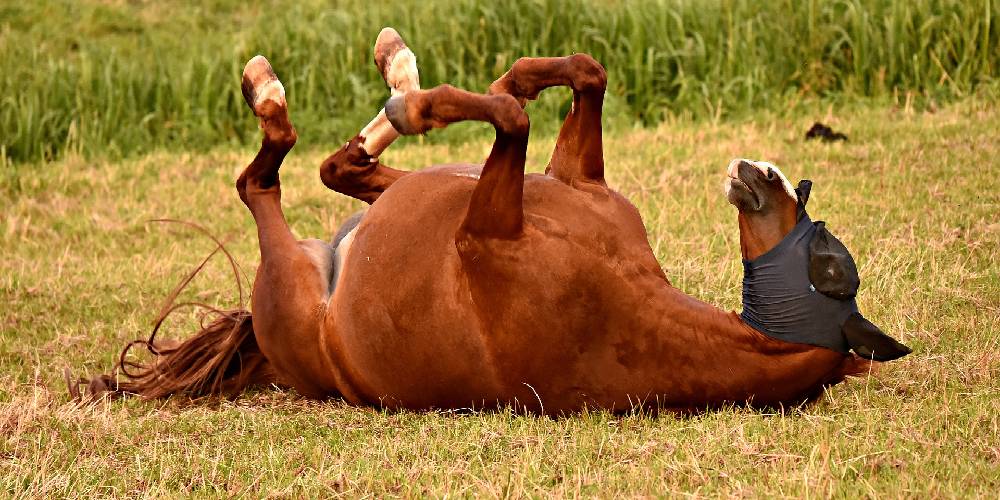
Horses are animals that have a unique esophagus compared to those seen in other animals. The esophageal sphincters at the bottom of the esophagus only will allow food to go into the stomach and ot doesn’t let anythign come back up.
Because of this, if a horse eats a poisonous plant or has a nauseous stomach, it can’t throw up. Instead, they colic which is where the horse suffers from a really bad stomach ache that needs veterinary treatment to fix.
5. The Oldest Horse Breed Is The Arabian
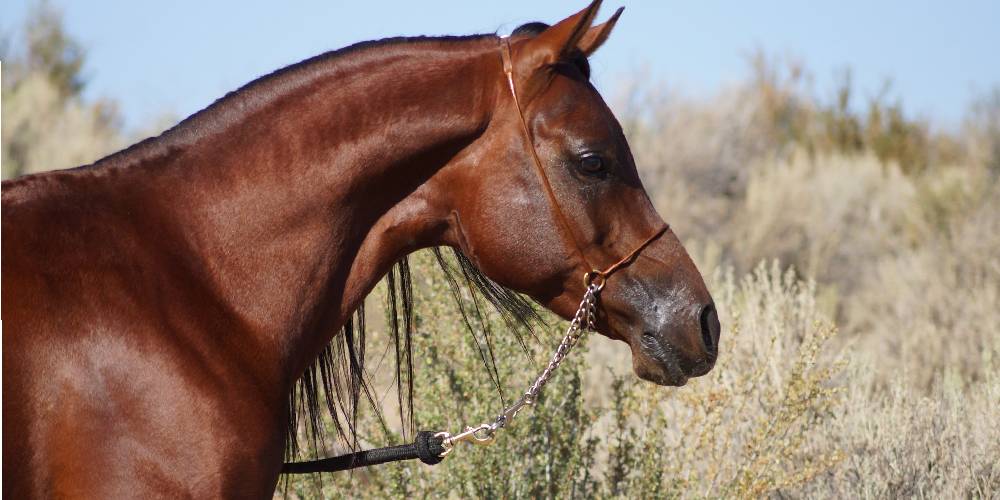
The oldest breed of horse known in the world is the Arabian horse. This horse has been around for thousands of years and was popular among the Arabian Bedouins and nomads.
6. Horses Have Around 205 Bones In Their Skeleton
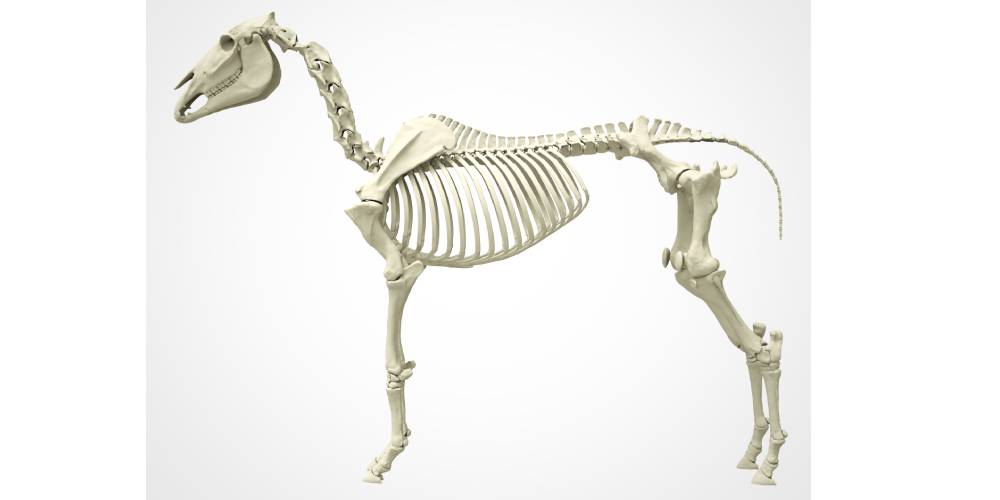
Horses are animals built on a structure of around 205 bones. It is really amazing that such a delicate structure of bones can support a whole horse!
Speaking of bones, did you know that Arabian horses have fewer bones than normal horses? Some Arabians even have less than 200 bones.
7. The Oldest Horse Alive Lived To Be 62
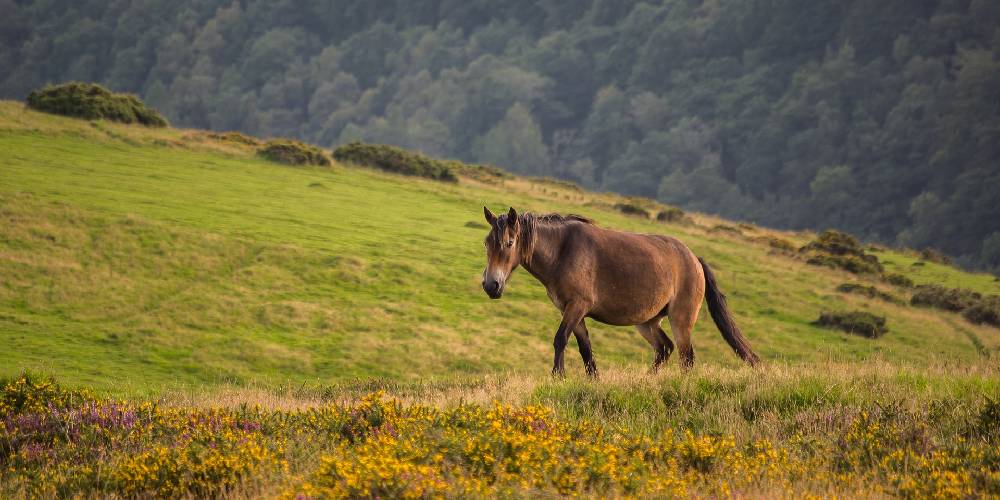
In the 17 and 1800’s, there was a horse named old Billy. This horse was born in the year 1760 and lived until the year 1822. This makes old Billy the oldest horse to ever live.
Today, the average horse can only live to be around 30 or so years of age. This is what makes this horse so amazing. Old Billy lived to be over twice the age a normal horse could live to be.
8. There Are 10 Different Muscles In The Horse’s Ears
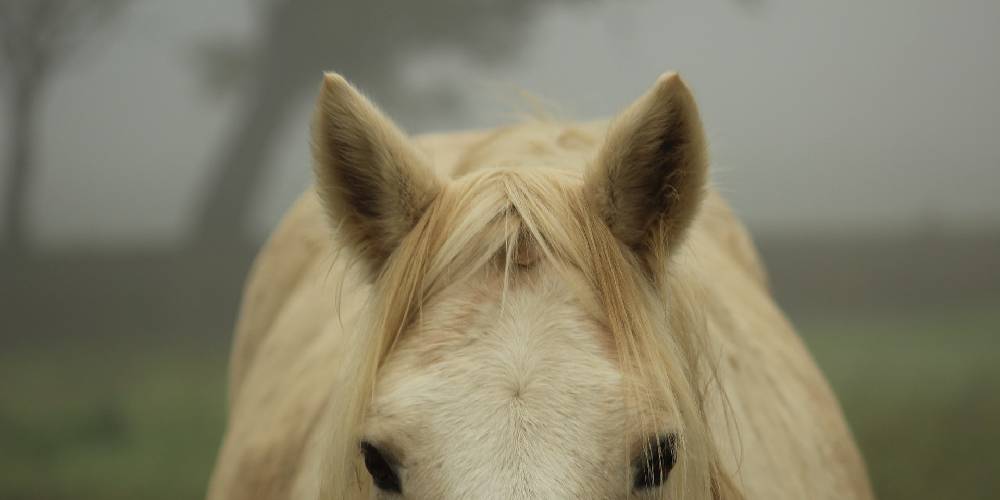
Did you know that there are 10 different muscles in the horse’s ears? This is why horses are able to turn their ears almost all the way around.
Horses, when alert, will prick their ears forward to listen ahead of them. If a horse is listening t something next to them, they will point whatever ear is close to that noise at the source of the nose. Horses will move their ears not only to listen to different noises, but they will also move them to show their mood.
9. Baby Horses Gain Between 1 & 3 Pounds Every Day
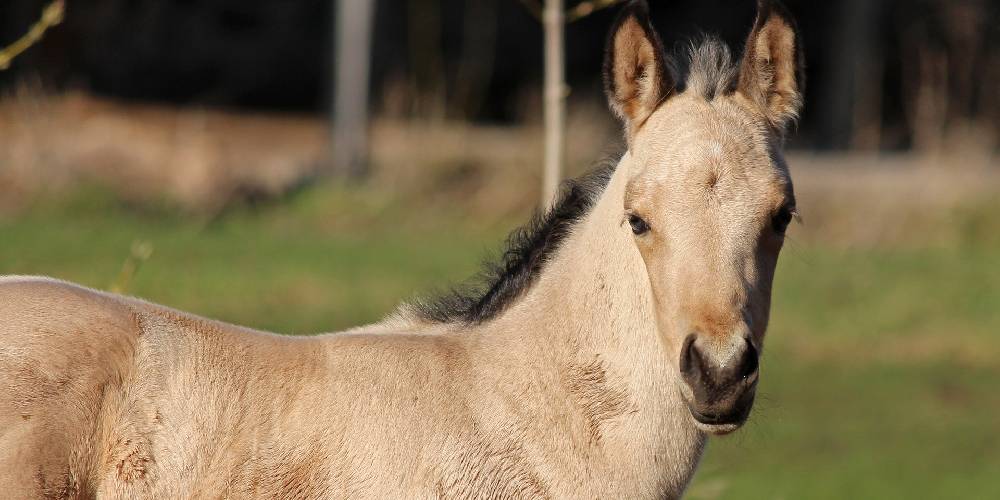
Just like in human babies, baby horses gain weight and grow up really fast! A healthy foal can gain between one and three pounds per day! This means that in just a week a baby horse can gain between 7 and 21 pounds.
10. Horses Have The Biggest Eyes Out Of Any Other Land Mammal
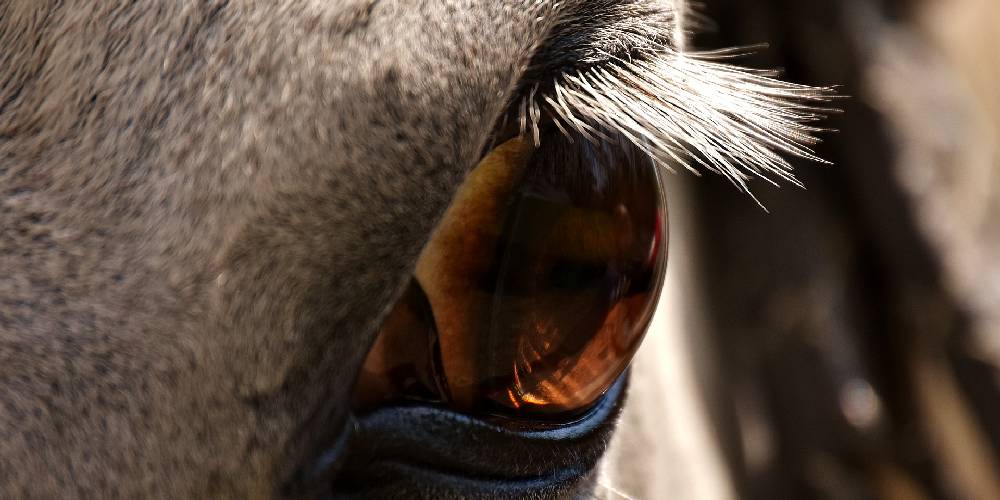
Even though other land mammals like the elephant or the giraffe are much bigger than horses, horses still have the largest eyes out of any other land mammal on earth.
11. Horse Hooves Are Made Of The Same Stuff As Your Hair & Fingernails
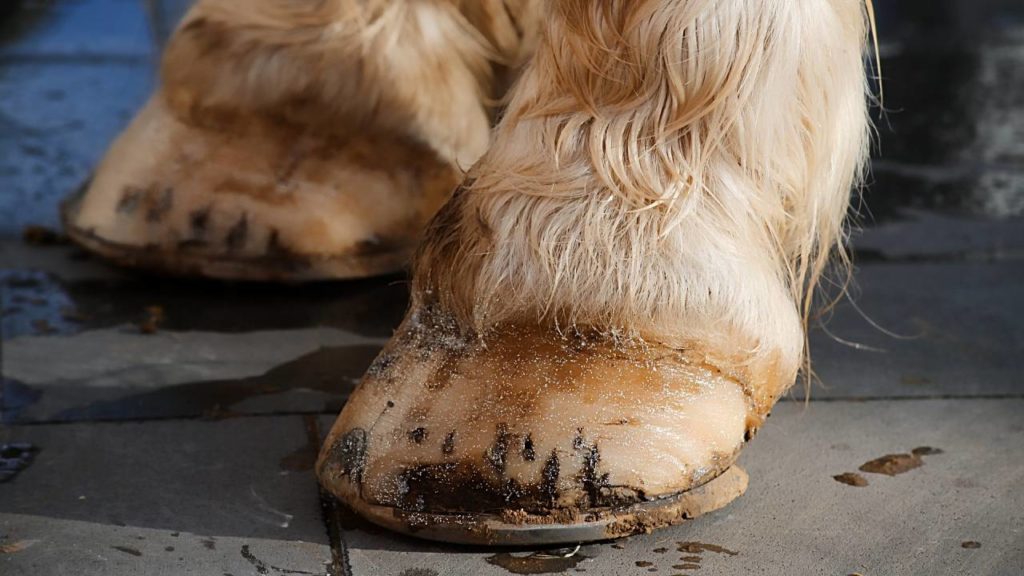
Horse hooves, just like rhino horns, elephant tusks, human hair, and fingernails, are made out of a protein known as keratin. This means that horse hooves are kind of just like giant fingernails!
12. The Fastest Horse In The World Is The Quarter Horse
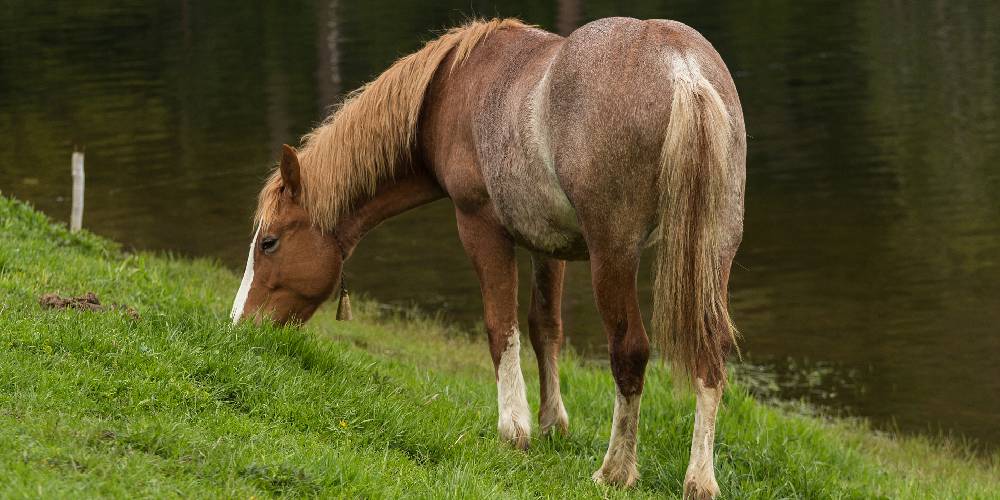
Even though Thoroughbred horses are the horses most commonly used for horse racing, they are actually not the fastest horses in the world. The Quarter Horse actually has a faster sprint than the Thoroughbred does. If you think the 44 miles per hour sprint the Thoroughbred is capable of is fast, try looking at the top speed of the Quarter horse. These horses can run at the top speed of 55 miles per hour!
13. A Horse Named Snowman Was The First Horse To Ever Jump Over Another Horse
A snowman, a large grey horse rescued from a kill pen, was the first horse to ever jump over another horse. This famous showjumping horse not only did this amazing feat, but he also set the world record for the highest jump ever achieved by a horse (this record has since been broken).
14. Horses Can Sleep Both Lying Down & Standing Up
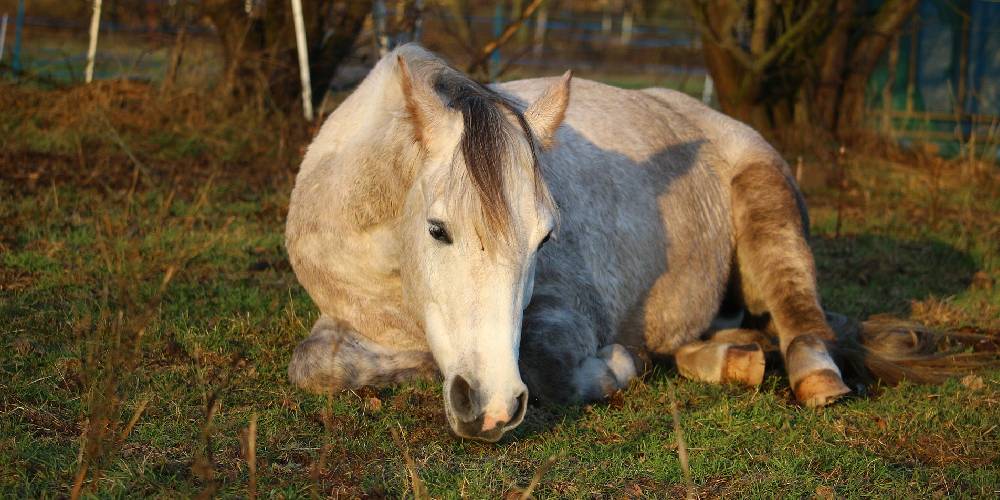
Horses can sleep both lying down and standing up! Horses need to have about 3 hours of sleep per night and just like people that can become sleep deprived if they don’t get enough rest.
If a herd of horses is sleeping, at least one of the herd members will be standing to watch over the herd as they rest.
15. A Horse’s Brain Weighs Half As Much As A Human Brain
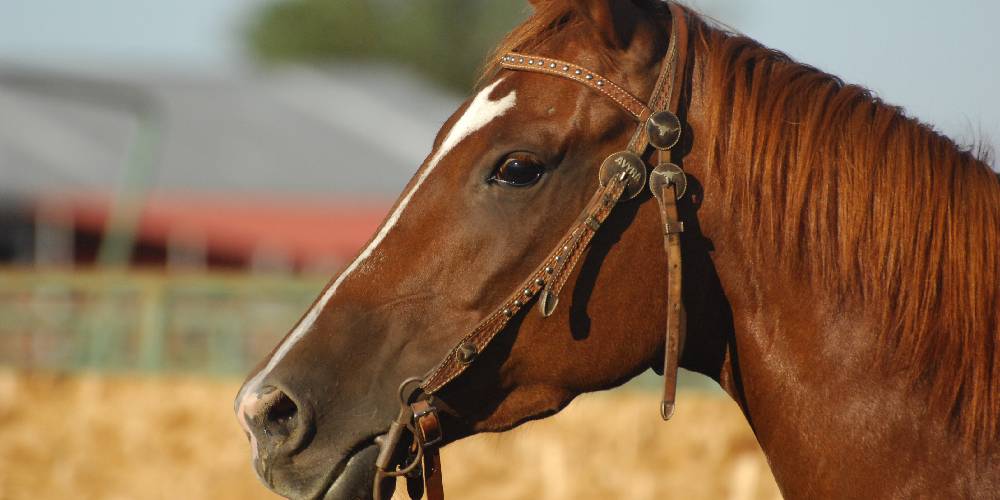
On average the human brain weighs around 3 pounds. Horses have a significantly smaller brain than people do even though they are that much bigger than us.
Horses have a brain that weighs around 12.5 pounds on average though some horses have brains that weigh just around 1.3 pounds.
16. Horses Produce Around 10 Gallons Of Saliva Per Day
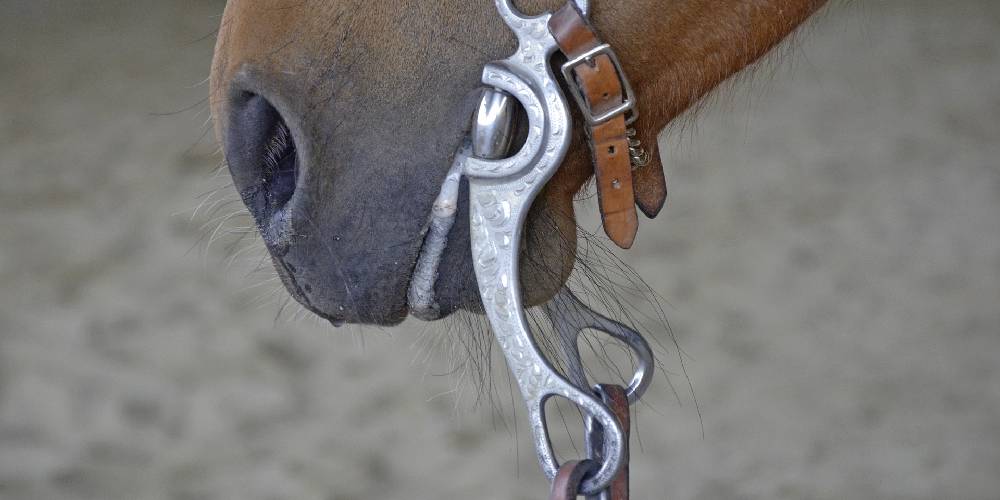
Horses create a lot of salivae so they can comfortably swallow and eat their food. Horses are large animals that can eat almost constantly throughout the day so creating a lot of salivae is essential to keep their food going down smoothly.
17. The Biggest Heart Ever Found In A Horse Weighed 22 Pounds
Secretariat, a famous racehorse known for winning the triple crown, is also famous for the size of his heart. When this remarkable horse was sadly put to sleep at the age of 19, veterinarians and researchers decided to see what made this amazing horse such a successful racing animal.
The average weight of the horse’s heart is between 9 and 11 pounds. Secretariat had a heart that weighed an amazing 22 pounds. This is likely what made this horse so successful as a racehorse as his heart was that much more able to pump blood and oxygen through his whole body.
18. You Can Tell If A Horse Is Cold By Feeling Their Ears
Did you know that in order to tell if your horse is feeling cold or not you can just feel their ears?
This is a great hack to use when you are trying to decide if you want to blanket your horse or not.
19. Horses Don’t Have Teeth In the Middle Of Their Mouth
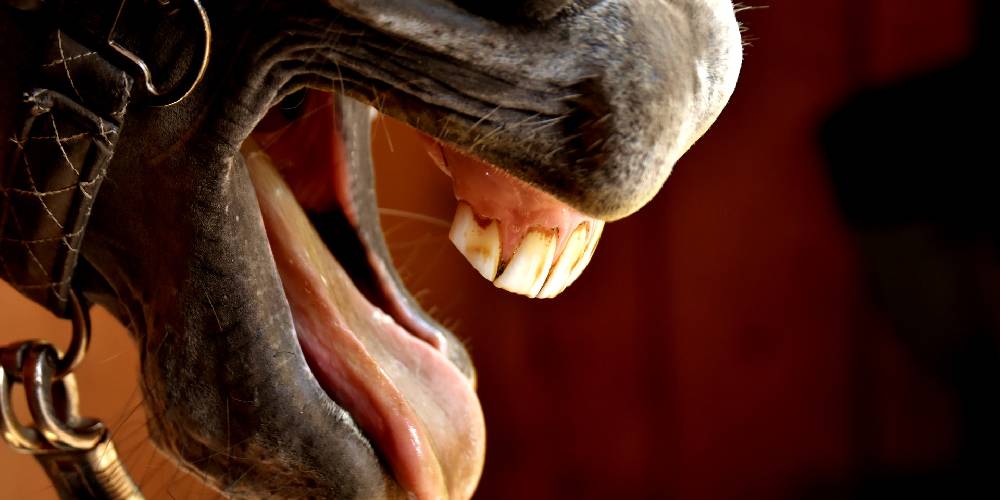
Have you ever wondered how horses have a bit in their mouth? Have you ever wondered if the horse is biting the metal bit or not? Well, horses actually don’t have teeth in the middle part of their mouth.
This is why people use bits in the mouth of equine animals. This gap is the perfect place for a bit to sit.
20. Horses Can’t Move Their Hind Legs Outward Because Of Their Pelvis
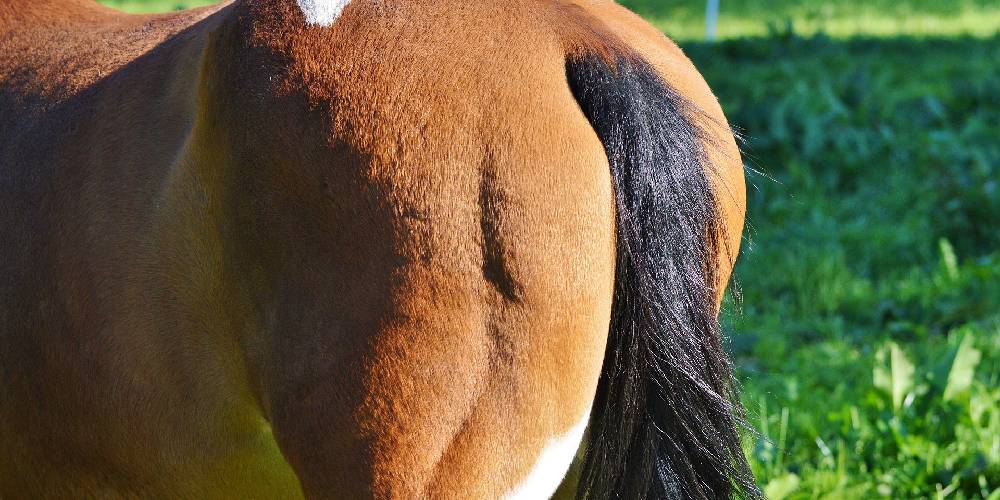
Horses can’t really move their hind legs outwards like humans can. This is because the horse’s pelvis is fixed which means their hind legs can only really move forward and backward.
In other words, you will never see a horse doing the splits.

